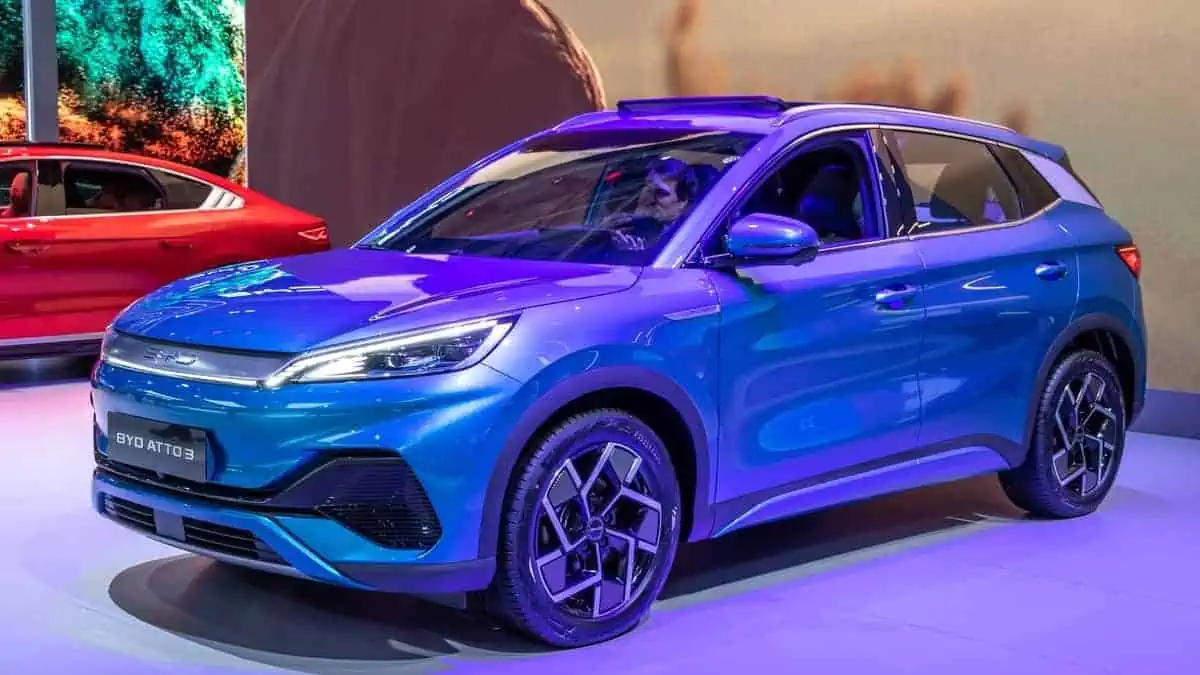The Mexican government will stop incentivizing Chinese electric automakers as it remains under pressure from the United States, Reuters reported, citing three officials familiar with the matter.
Mexico stops incentivizing Chinese EV brands
Mexico has decided to halt its available incentives to Chinese electric vehicle makers, which are seeking to dominate the North American market. The report sources attributed the decision to intensifying pressure from the US government, particularly from the Office of the United States Trade Representative (USTR).
Top Mexican government officials’ last meeting with a Chinese electric automaker was reportedly in January 2024. The meeting involved China’s electric vehicle giant BYD, which has also started to gain significant market share in the global market with its lower-cost offerings.
During the meeting, the Mexican government stressed that it will no longer offer incentives as it did to automakers before. Moreover, it also announced plans to cancel all upcoming meetings with Chinese electric automakers.
The news is unsurprising, considering US President Joe Biden’s recent commitment to stop Chinese players from flooding the market with their cheaply priced electric vehicles that pose a national security risk.
US government pressure
The USTR is apparently urging Mexico to help keep Chinese electric vehicle makers out of the free trade zone set under the North American Free Trade Agreement.
An unnamed USTR official stated that the United States-Mexico-Canada Agreement (USMCA) was not established to “provide a back door to China and others who may be seeking to access our market without paying … tariffs.” In that sense, the USTR is now focusing on the issue as it concerns automotives, steel, and aluminum.
As of today, around 20 Chinese car companies have already expanded in Mexico. However, none of them have a local production plant in the country yet. Nonetheless, they already account for a third of the overall brand offerings in the Mexican market.
The US government’s intervention demonstrates the rising acute concerns from its auto industry, unions, and political groups. They worry that Chinese companies like BYD will leverage Mexico as a back door to bring their lower-cost offerings into the US while avoiding import tariffs currently at 27.5%.
Mexico’s role in the US push against Chinese dominance
Mexico is undoubtedly in a very complex position as it stands between the two largest economies and automotive markets in the world.
Republican US Senator Marco Rubio submitted a legislation proposal in March that seeks to impose higher import tariffs on China-made vehicles. After just two days, three Senate Democrats from automotive manufacturing states encouraged the White House to also increase import taxes on Chinese electric automakers’ products.
Despite these efforts, Chinese companies can bypass these import tariffs by establishing local production in Mexico.
“A sizeable proportion of the goods arriving in Mexico by ocean will likely be trucked into the U.S., which gives rise to the suspicion that the increase in trade we are witnessing is due to importers trying to circumvent U.S. tariffs.”
Peter Sand, research firm Xeneta Chief Analyst
The US government’ moves to intervene in the negotiations between Mexico and Chinese electric automakers are crucial for the country to protect its local players and industry from subsidized Chinese competition.
However, BYD is now reportedly seeking incentive prospects from state governments even though these are way lower in value than the federal ones. It demonstrates the Chinese company’s determination to establish a foothold in Tesla’s home turf, North America.






